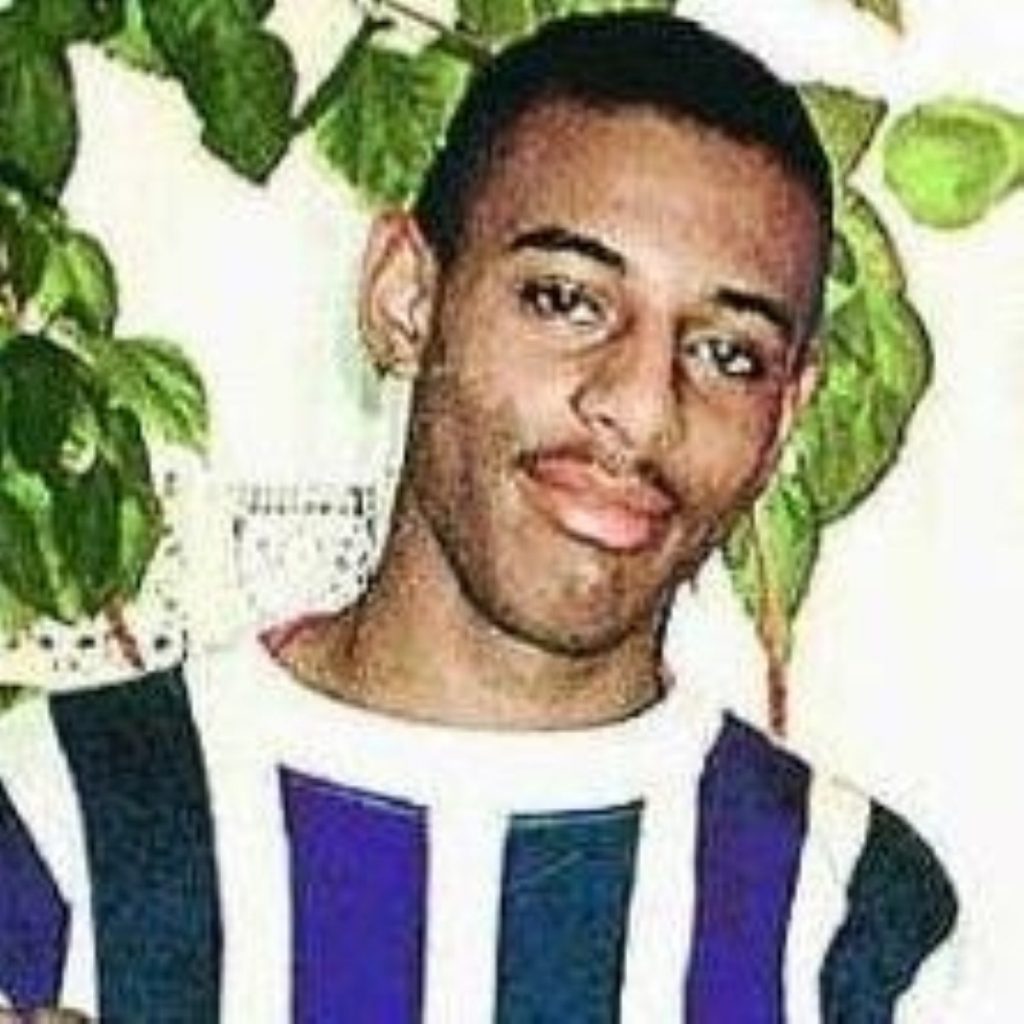‘We must be ruthless’: But who’s taking the lead on Lawrence family spying?
The government is rejecting Labour's calls for an independent probe after it emerged Stephen Lawrence's family was spied on by undercover Metropolitan police officers.
Home secretary Theresa May told MPs politicians had to be "ruthless in purging such behaviour" from the police, before confirming that the Met-initiated probe will continue to play a key role in attempting to uncover the truth.
Doreen Lawrence, the mother of the murdered teenager killed in April 1993, has said "nothing can justify" the Metropolitan police's attempts to discredit her family.
But Labour MPs led by shadow home secretary Yvette Cooper are now raising serious questions over whether the ongoing probes into the potential spying on the Lawrences will prove effective.


"It is vital we get to the truth about what happened," Cooper insisted.
"What we need is a specific and independent investigation into these allegations, given the serious of them."
May rejected that call. She pointed out Derbyshire police's Chief Constable Mick Creedon is the officer in charge of Operation Herne, while the Independent Police Complaints Commission is 'supervising' the Met's probe.
It will looking at "issues around tasking for officers in the Special Demonstration Squad", May said.
A separate investigation by Mark Ellison QC into Lawrence's murder at a bus stop in south London in April 1993 and its aftermath will probe whether the subsequent Macpherson inquiry ordered by Jack Straw was misled.
"They are working together. There has been a degree of interaction between the two," May added.
"They are working to make sure nothing falls between the stools of these two investigations."
She also rejected Cooper's suggestion that the Ellison review could be "handed to the IPCC or another police force".
The revelation from former Met officer Peter Francis that the anti-racism campaign which followed Lawrence's death was targeted by the Met has sent shockwaves through Westminster.
Francis, whose cover name was Pete Black, was a member of the same Special Demonstration Squad which had adopted the identities of dead children when working undercover.
"They wanted any intelligence that could have smeared the campaign," he told a joint investigation by the Guardian and Channel 4's Dispatches programme.
"So I had… [to] come up with something along the lines of they, the family, were political activists, someone in the family was involved in demonstrations, drug-dealers, anything.
"That was the whole remit. That is always our remit when we're out there."
Francis had infiltrated the Youth Against Racism In Europe group between 1993 and 1997.
The Lawrence family distanced themselves from the political groups he was involved with, but that did not stop senior Met officers asking Francis for any links that might have existed.
Doreen Lawrence said: "Out of all the things I've found out over the years, this certainly has topped it.
"Nothing can justify the whole thing about trying to discredit the family and people around us."
She said she had been suspicious of the Met after family liaison officers recorded the identity of all those visiting the Lawrence household.
The Met's Operation Herne investigating undercover police officers is already underway, it said in a statement – adding that "it would be inappropriate to pre-judge its findings".
"The MPS must balance the genuine public interest in these matters with its duty to protect officers and former officers who have been deployed undercover, often in difficult and dangerous circumstances," the statement said.
"We are therefore not prepared to confirm nor deny the identity of individuals alleged in the media to have been working undercover, nor confirm nor deny the deployment of individuals on specific operations."
Lord Condon, the Met's commissioner between 1993 and 1999, has "categorically" denied ordering or condoning a smear operation against the Lawrences.
May offered a partial defence of undercover operations in her Commons statement, arguing they are a "vital part of protecting the public".
"We need to have the assurance this work is conducted properly in accordance with the procedure that ensures ethical boundaries are respected," she said.

